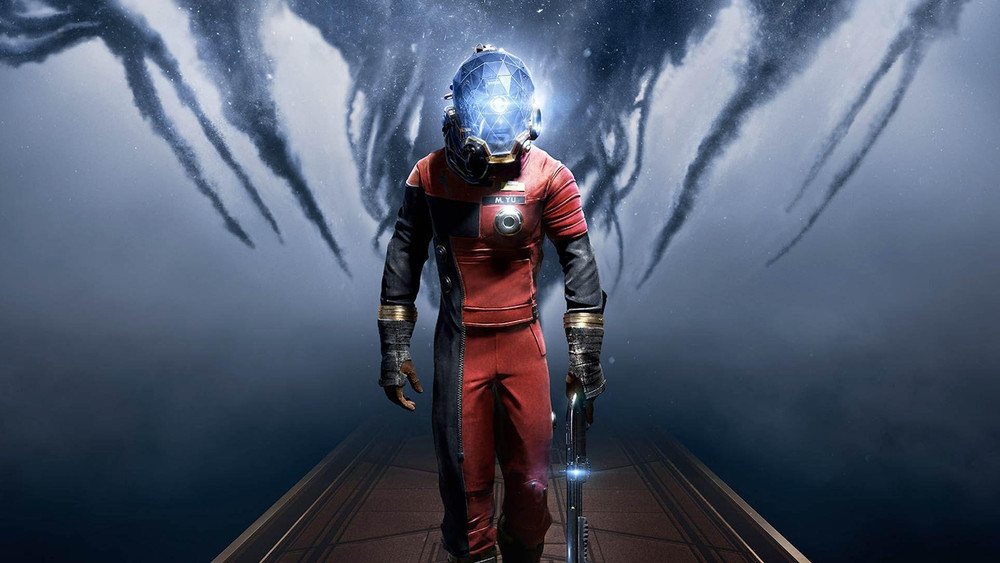Every time I read The Subtle Knife, I am completely amazed at the way it starts: it’s hard to tell this is a sequel to the Golden Compass. The Subtle Knife is completely different in every aspect: you’ve no idea where the story is going, you’re completely lost in the masses of new characters and perspectives, and… well, worlds.
I’d like to say that The Subtle Knife picks up where The Golden Compass left us, only that would be oversimplifying matters. The Subtle Knife introduces us to Will Parry (in our world!), a boy trying to hide his mother. In doing so, he bumps into Lyra. And also kills a man. Bummer.
On the other side of the story, we are following the witch called Serafina Pekkala (which I find odd, seeing how she was such a by-side character in the first part), Lee Scoresby (same remark, but at least he was never a source of mystery) and a woman called Mary Malone (seriously, who is she?). They all have different goals which are all over the place but still mysteriously come together at the end. Because, you know, very little happened.
This book is a bit of a mess. It’s like jumping in a pool and swimming in one location: it all feels a bit pointless. It does build towards something, but for me, that something is either not obvious enough, too obvious, or it doesn’t even workd at all. The engine’s running, but no one’s at the wheel.
Still, the Subtle Knife is a wonderful book which takes the concept of the Golden Compass and expands it. I think that’s the reason I enjoy it so much: whatever happened before was just a tiny speck on the surface of this part. And the fact that the story’s progress doesn’t really work all that well kind of speaks in the book’s advantage: things get complicated and layers of understanding emerge.
This book gets increasingly theological and metaphysical. Suddenly, as things become more clear, you slowly start seeing the truth: this is a book about killing an Authority – one named God. Combining this with layers and layers of different worlds is a difficult task, so I have to say Pullman managed well. This story is progressing, it’s just unbelievable what it’s progressing to.
In All…
This book is the shortest of the three. It’s a shame, really; it should have been a bit longer. It consists of fifteen extremely long chapters (in comparison to the Golden Compass). I personally think some chapters should have been split into smaller parts, which in turn had to be a bit more goal-oriented and fun. This is supposed to be a children’s book; I’m still unsure whether I would shove this in a child’s hands. The excitement and tension gets lost in the philosophical babble – which go on and on and on – your kid would have to be quite the reader to keep up.
On the other hand, I do think the theme is pretty interesting for children. Most people seem to turn away from discussing religion with children in this manner. I, personally, think a strong work of fiction is the best way to get them to actively wonder about the world around them and the standards attached to it…



